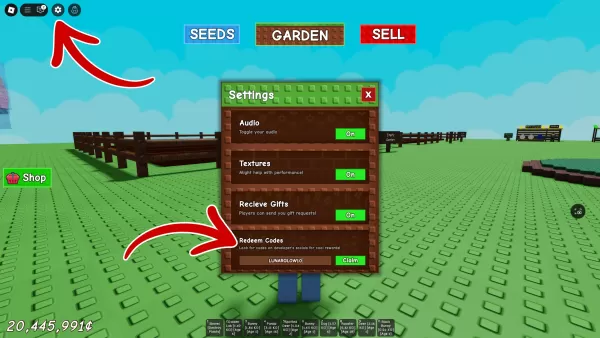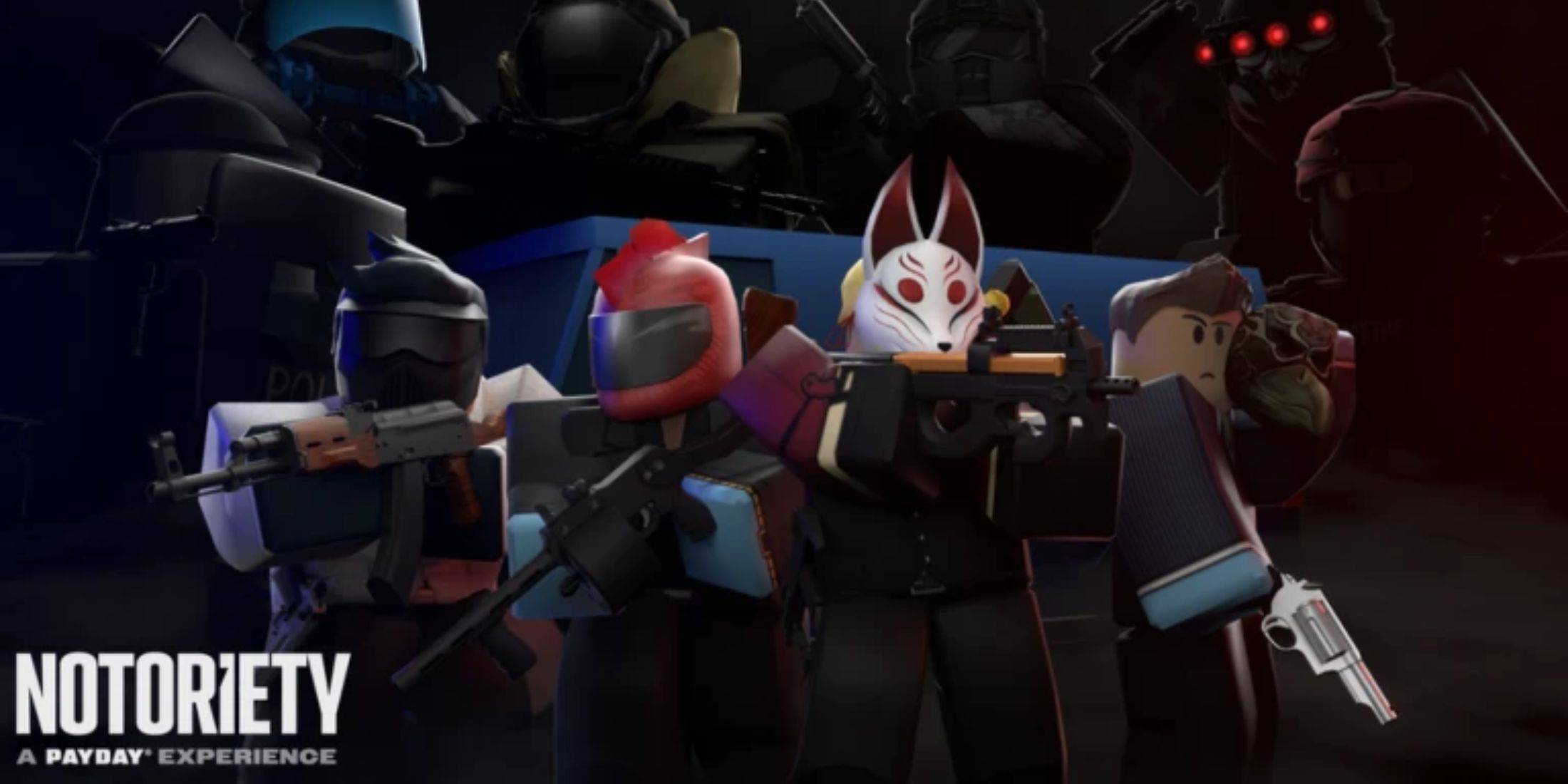"Split Fiction Leaked Online Post-Release"
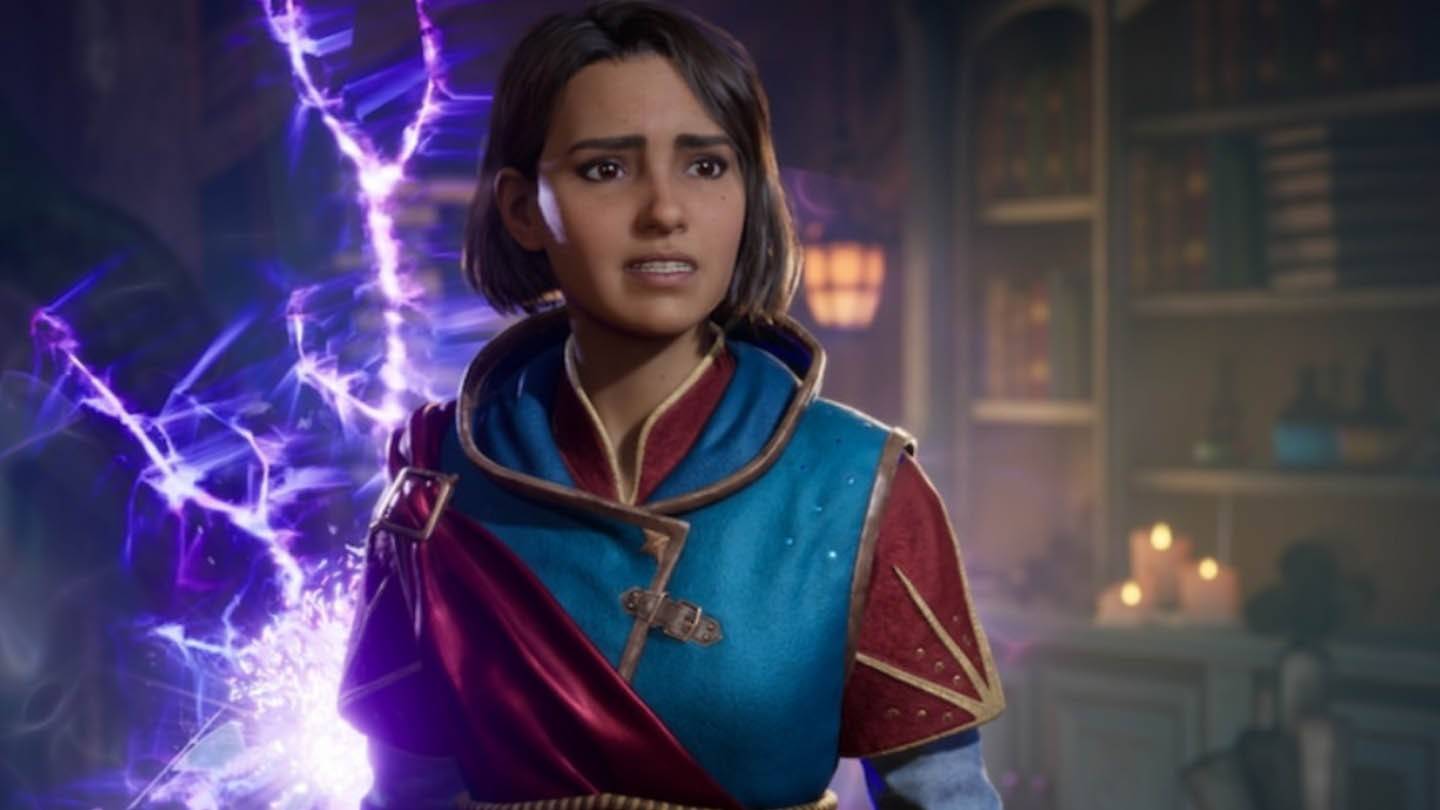
The eagerly awaited cooperative adventure game, Split Fiction, created by the mastermind behind It Takes Two, has unfortunately become a target of piracy shortly after its official release on March 6, 2025. Launched across multiple platforms, including PC via Steam, the game quickly garnered both player interest and unwanted attention from hackers.
Despite earning critical acclaim and positive early reviews on Steam, Split Fiction was rapidly cracked due to the absence of strong DRM (Digital Rights Management) protection. Electronic Arts chose not to implement Denuvo, a commonly used anti-tamper technology, making the game more susceptible to unauthorized access. The absence of Denuvo allowed hackers to easily bypass security measures, leading to the game's distribution on piracy platforms within days of its launch.
This situation underscores the ongoing struggle developers face in safeguarding their games from piracy while maintaining a balance between player accessibility and performance. Many gamers appreciate the absence of intrusive DRM systems like Denuvo, but this also leaves games more vulnerable to exploitation shortly after their release.
Split Fiction, crafted by the visionary behind It Takes Two, has received praise from critics for its innovative cooperative mechanics, compelling storytelling, and vibrant visuals. Early player feedback on Steam mirrors this enthusiasm, with many considering the game a worthy follow-up to Josef Fares' previous work.
The game offers players a unique cooperative journey, combining clever puzzles, heartfelt narrative moments, and dynamic gameplay. Its success among legitimate buyers highlights the potential negative impact of piracy on sales and the developer's revenue.
The decision to exclude Denuvo protection from Split Fiction has reignited debates about the role of DRM in modern gaming. While some argue that DRM can adversely affect game performance and frustrate legitimate players, others believe it's a crucial deterrent against piracy. In the case of Split Fiction, the lack of DRM may have facilitated its quick compromise, prompting questions about whether Electronic Arts underestimated the speed at which hackers could act.
-
FromSoftware has teased "enhanced encounters" with the major Nightlords of Elden Ring's Nightreign expansion, set to begin later this month. One enterprising modder has already discovered the foundational elements for these new battles and made themAuthor : Jason Jan 12,2026
-
Entering the stylish, shadow-infested universe of Persona 5: The Phantom X (P5X) can feel daunting initially. This turn-based gacha RPG masterfully combines dungeon crawling, social simulation, and strategic combat - grasping its core mechanics earlyAuthor : Michael Jan 12,2026
-
 Truck Cargo simulator offroadDownload
Truck Cargo simulator offroadDownload -
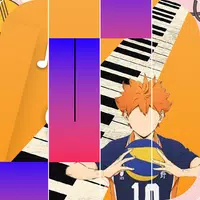 Game Haikyuu Piano TilesDownload
Game Haikyuu Piano TilesDownload -
 Dinosaurs Hunting 3D Wild HuntDownload
Dinosaurs Hunting 3D Wild HuntDownload -
 Fun Card PartyDownload
Fun Card PartyDownload -
 Callbreak Master 3 - Card GameDownload
Callbreak Master 3 - Card GameDownload -
 Futa Concoction– Pat 2Download
Futa Concoction– Pat 2Download -
 Super Texas Poker--Best Free Texas Hold'em pokerDownload
Super Texas Poker--Best Free Texas Hold'em pokerDownload -
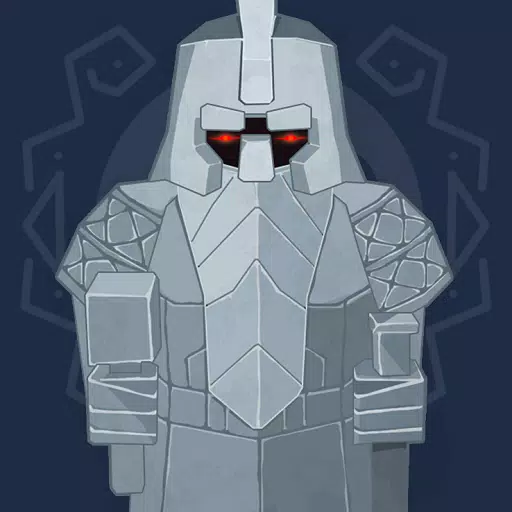 Clash IslandDownload
Clash IslandDownload -
 Flight Pilot: 3D SimulatorDownload
Flight Pilot: 3D SimulatorDownload -
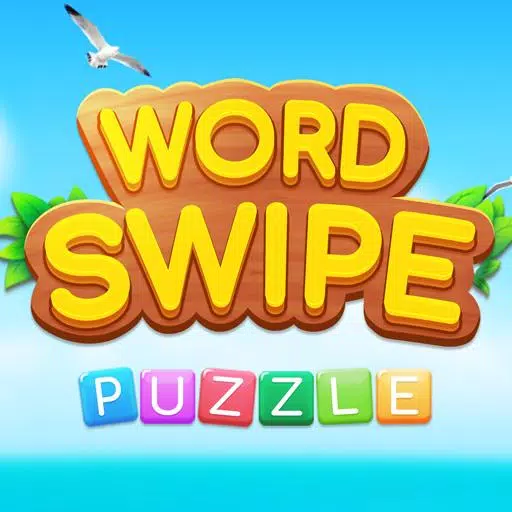 Word SwipeDownload
Word SwipeDownload
- Black Ops 6 Zombies: How To Configure The Summoning Circle Rings on Citadelle Des Morts
- Roblox: Latest DOORS Codes Released!
- Harvest Moon: Lost Valley DLC and Preorder Details Revealed
- Silent Hill 2 Remake Coming to Xbox and Switch in 2025
- Roblox: Blox Fruits Codes (January 2025)
- Roblox: Freeze for UGC Codes (January 2025)

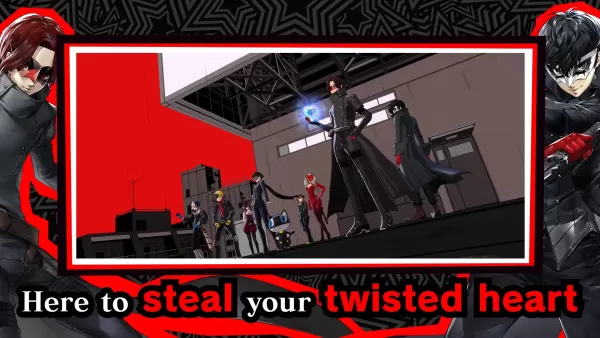

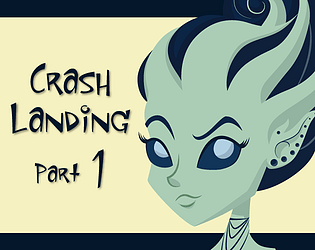



![Taffy Tales [v1.07.3a]](https://imgs.ehr99.com/uploads/32/1719554710667e529623764.jpg)



